
Welcome one and all back to the Electric Vehicle Spotlight (EVS), where we at Electrek shine a light on specific companies bringing exciting new innovations and strategies to the world of electrified transport. Our latest EVS is on Opibus, a company headquartered in Kenya that was born out of a research project in Sweden.
By focusing on all-electric conversion kits for fleet vehicles, as well as manufacturing electric motorcycles and energy systems, Opibus is on a mission to implement clean electric mobility in the emerging markets of Africa.
Table of contents
The Opibus story
Opibus was founded in 2017 as a research project at one of Sweden’s top technical universities. Its mission from the beginning, was to implement electric mobility in emerging markets.
Of those emerging markets, Swedish cofounders Filip Lövström, Filip Gardler, and Mikael Gånge chose Kenya as the location of Opibus’s headquarters, as it is the fastest growing nation in sub-Saharan Africa. Furthermore, Kenya already has over 86% renewable energy production.
The founders believed they could successfully focus on creating products tailored for the region with quality, price, and local production in mind. Kenya also has a growing amount of used vehicle imports, so electric conversions make perfect sense. Leveraging existing chassis with electrified technology offers a cost-effective second life for buses, trucks, and other fleet vehicles.

Electrek got a chance to interview Opibus’s head of marketing and strategy, Albin Wilson, who elaborated on the potential for multiple electric transportation segments in Africa:
We believe there aren’t currently products on the market that fit the needs of areas with inadequate infrastructure and low automotive uptake rate. Therefore, this presents an unprecedented opportunity to leapfrog technology in Kenya and all of Africa, as electric vehicles may make even more sense here than anywhere else in the world, with unlimited sun and already 86% renewable energy production. This means that potentially, the energy grid could become decentralized as it is rolled out further with localized renewable energy production. What strengthens the leapfrogging argument is that it has happened before with phone landlines and credit cards, Kenya went straight to mobile telephones and digital payments.
Currently, everyone is based in Kenya. The premise of the company is to operate and work in the markets it serves. As a result, all of Opibus’s operations, management, and design takes place in Nairobi, Kenya’s capital city.
Here’s some of the electrified technologies Opibus is currently implementing in Kenya before further expansion in Africa.

Opibus electric conversions
Wilson also told Electrek that Opibus’s mission is to not only maximize carbon reduction, but at the same time, create social good internally and externally through the company.
Opibus currently employs 88 people of which 40% are women across all fields. The company makes large efforts to ensure that it keeps talent locally for design and R&D purposes.
The company was founded around three electrified segments – conversion systems for utility and public transport, ground up electric motorcycles, and energy systems such as battery storage, solar, and charging infrastructure.
One of its first products to begin rolling out is Opibus’s electric conversion of existing ICE vehicles in Kenya. This currently includes the first African-made electric mining vehicle.
Electric mining vehicle
In July of 2021, Opibus announced the electric mining vehicle based on an electric powertrain conversion in a Toyota Land Cruiser. Mining is currently a big part of electric vehicle production as batteries require many rare earth materials.
Naturally, an electrified approach to mining not only reduces carbon emissions, but comes full circle in using cleaner energy to source materials for more energy. Wilson once again elaborated on Opibus’s process in our interview:
EVs in the mining industry make a lot of sense, since the operator knows the exact distances driven in a day. The terrain also often requires high torque, and the vehicles move around one central location (not from A to B). Often, mines are far from fueling stations meaning that if solar is installed, you can really cut operational expenses as there is no fuel use and no need for transport or infrastructure for it. The product becomes even more compelling in underground mining situations as there is no exhaust, therefore no need for expensive ventilation systems for the work environment. So all in all, you can cut operational expenses by more than 60%.
Here are some specs on Opibus’s electrified Land Cruiser:
- Battery size: 38 or 58 kWh options
- Power: 120 kW
- Torque: 600 Nm (442.5 ft-lb.)
- Top speed: Over 80 km/h (~50 mph)
- Range: 90 or 140 km depending on battery size (56 or 87 miles)
- Charging power: 6.6 kW
- Charge time: 6 hours

Electric safari vehicles
In addition to the fully electric Land Cruiser for mining, Opibus has developed an EV for African safaris as well. Furthermore, Opibus can also convert a Land Rover Defender SUV to a full-electrified vehicle.
You can view the electric safari vehicle in action during Opibus’s collaboration video with Asilia below:
Commercial buses
In addition to cleaning up utility vehicles in Africa, Opibus also has its sights set on commercial fleet electrification. It is currently working on converting 51 seat public transport buses in Nairobi. Once the buses are successfully launched, they will be the first of their kind in Africa.

Wilson elaborated for Electrek about how crucial commercial bus electrification can be for populated cities like Nairobi:
The public transport buses are some of the most emitting vehicles on the planet. The engines are extremely old and few have catalyses or filters for the exhaust. They spew out extremely toxic emissions with a high level of particulates in the central city, as well as generate large amounts of noise. Electric buses would both lower local emissions and sound levels, but also benefit us all as a planet. We need to think of climate change as a global problem, not just some regions of the world, which means we need tailored solutions for all local contexts.
Opibus electric motorcycles
Contrary to Opibus’s conversions to electric powertrains on utility vehicles, it has also developed its own electric motorcycle from the ground up. Again, the first of its kind in Africa.
Motorcycles are popular in Kenya, especially among the youth who use them for work. Wilson spoke to the potential of electric motorcycles in Africa:
With our products, we can also lower the cost of running a motorcycle by almost 60% on fuel, maintenance and servicing, since there are so many fewer parts that break on electric motorcycles and seeing as the fuel price is ever-rising here locally. This is a big deal for the youth as motorcycles employ 5% in the region. Reducing running cost means working less hours and getting paid more with a lot fewer emissions. Everyone wins.
The instant torque of an electric bike is a big plus as well. Opibus is currently piloting the first 100 units of its in-house motorcycle design, and it looks to be nearing a green light for implementing them on a large scale.
Here are some of the electric motorcycle specs:
- Battery capacity: 2×2.9 kWh
- Power: 8,650 W
- Torque: 165 Nm (~122 ft-lb.)
- Range: 160 km (~100 miles)
- Acceleration (0-90 km/h): 5 seconds
- Top speed 90 km/h (~56 mph)

Energy storage solutions (ESS)
In addition to converting and designing electric vehicles, Opibus is also on a mission to provide Africa with the clean charging infrastructure needed to support its customers. This includes modular battery storage systems and chargers that can be powered by both an electrical grid and solar panels.
This includes modular systems for both residential and utility customers to fit any charging needs large or small.

The future of Opibus
Looking ahead, Opibus remains focused on its goal of electrifying all of Africa, to ensure the continent’s next generation has a clean future based on renewable energy, that is at the same time inclusive for all.
While the company is exploring future vehicles and electrified segments, it remains realistic about the process toward scalability. Head of marketing and strategy Albin Wilson once again shared some thoughts with Electrek:
Our target during the next coming years is to expand into larger parts of the African continent, as we already have with our pilots. This means building up local production and partnerships that can accelerate our growth in implementing renewable energy and clean transport.
Wilson also hinted at the possibility of Opibus manufacturing four-wheeled EVs from the ground up, which would be a first of its kind as an African-made electric vehicle. For now however, the focus remains on EV conversions as it makes the most sense from a local resource and financial perspective. Wilson elaborated:
We give vehicles a second life, which is better for the planet and our customers.
Look for more Electrek coverage of Opibus in the future as it continues to expand its EV conversions, electric motorcycle sales, and rollout of its electrified buses.
FTC: We use income earning auto affiliate links. More.
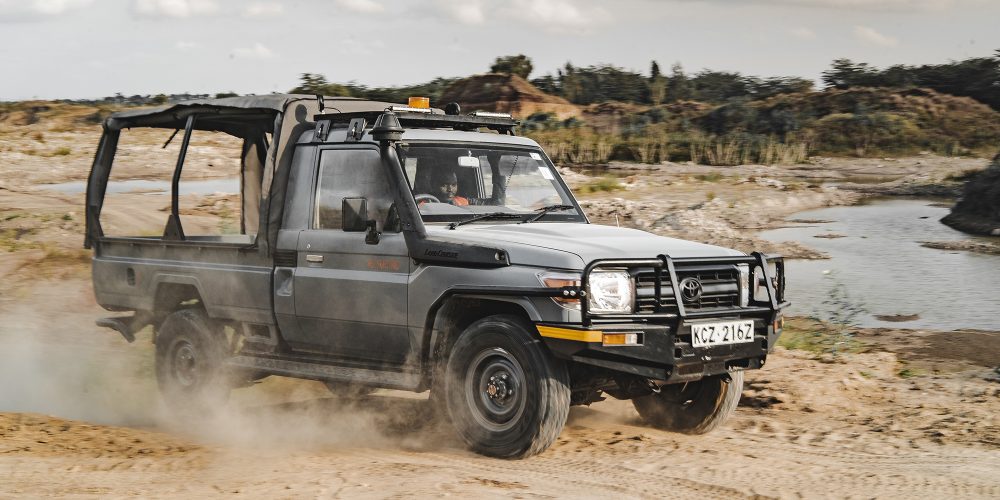
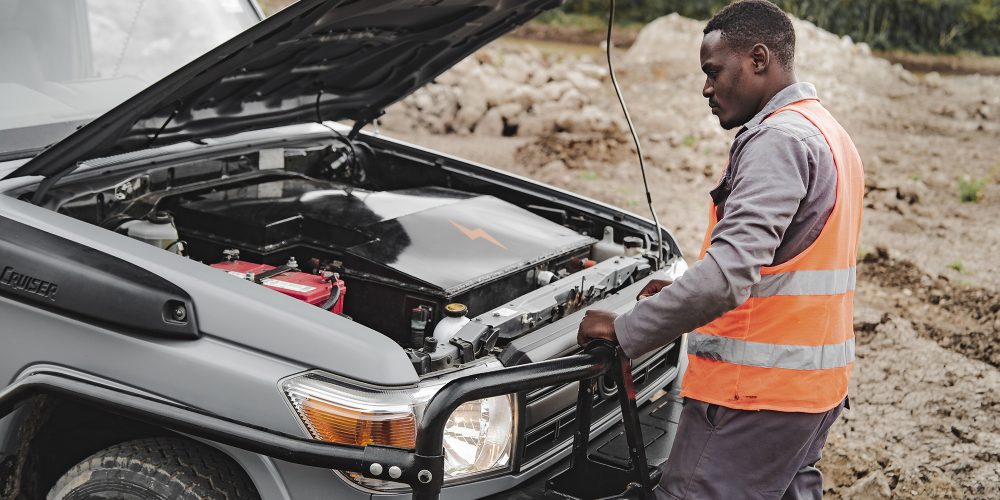
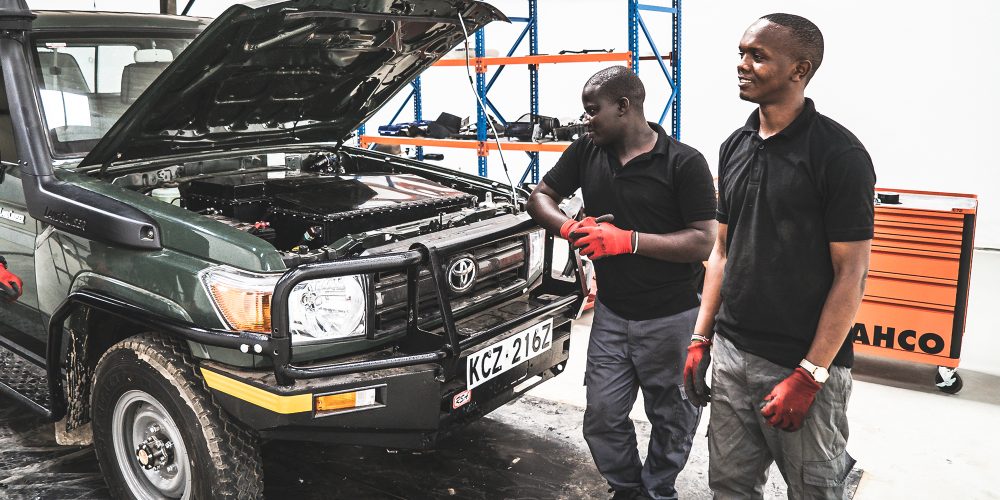
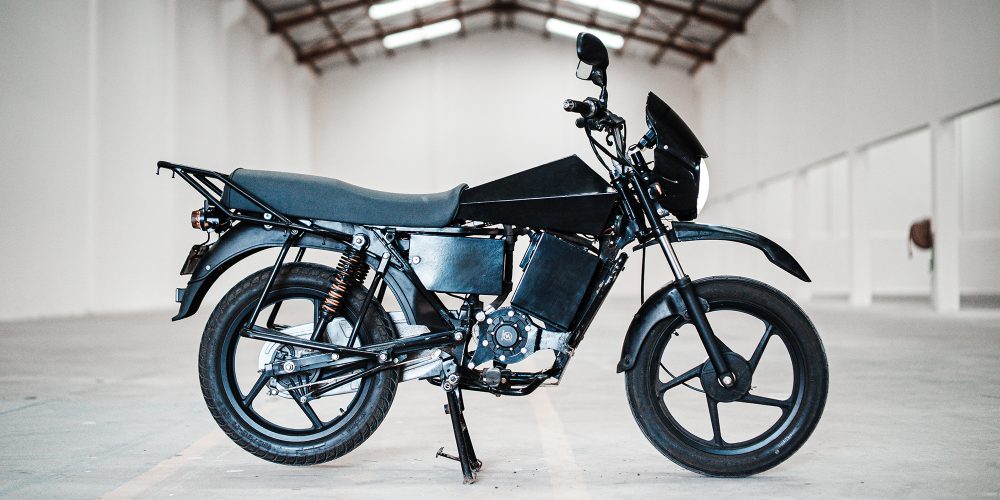

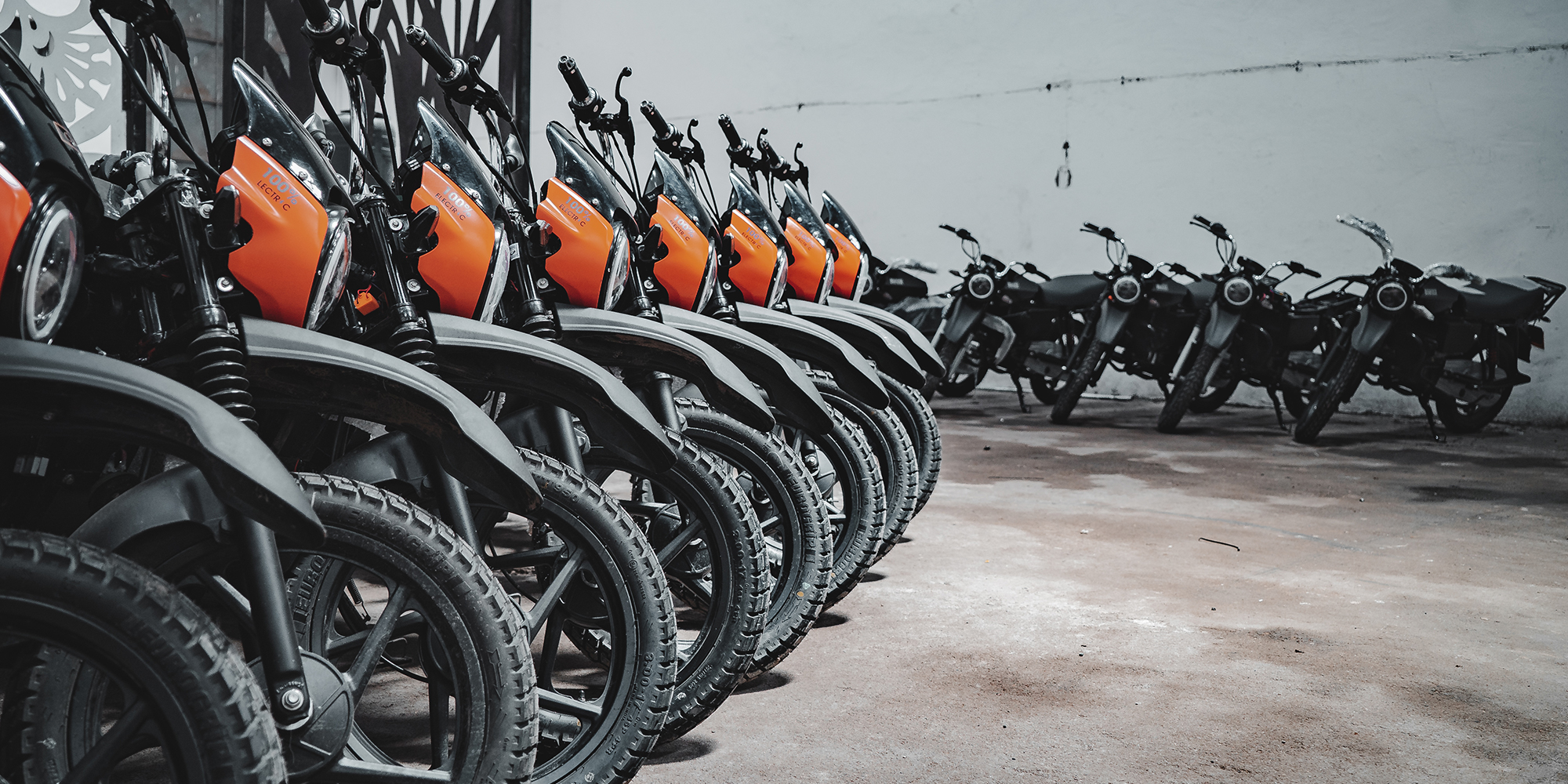
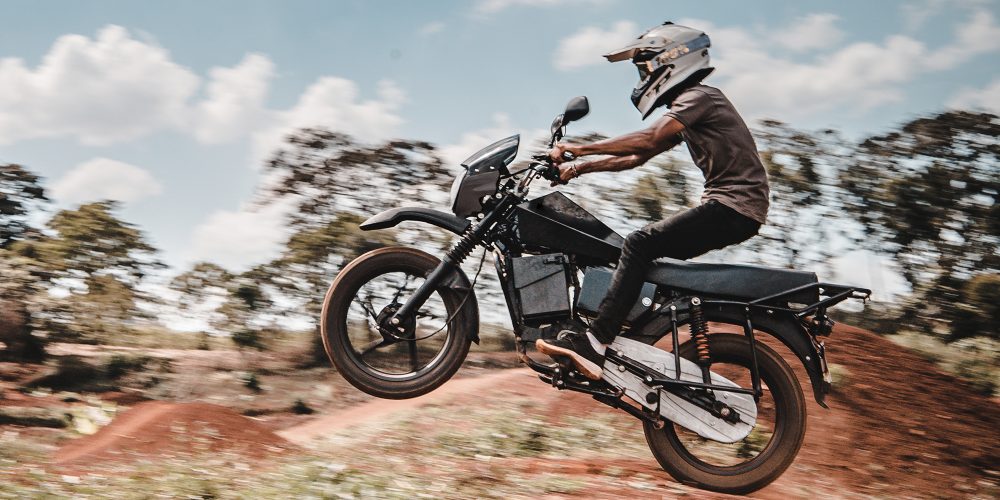



Comments